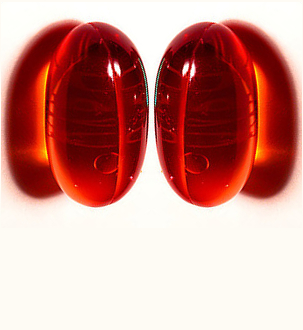Long term success in young UTI tests
 A new drug combination may tip the scales in the fight against childhood UTI.
A new drug combination may tip the scales in the fight against childhood UTI.
Long-term use of the combo has been shown to reduce the risk of recurrent urinary tract infection by up to 80 percent in children with the urinary condition vesicoureteral reflux.
In vesicoureteral reflux (VUR), developmental abnormalities in one or both ureters allow urine to flow back from the bladder, sometimes all the way into the kidneys.
VUR is found in 30 to 40 per cent of children who have had a UTI, and is one of the most common urinary tract problems in children.
In a new study, the risk of recurrent infection was cut by 50 percent in children with VUR using the drug combination trimethoprim/sulfamethoxazole (TMP/SMZ).
Children with VUR and bladder and bowel dysfunction saw the greatest reduction, up to an 80 percent lower risk of recurrent infections.
The second group was also more likely to have recurrent urinary infections, which can increase the risk of kidney scarring and the potential for kidney failure.
For decades, doctors have treated children who have VUR with a small daily dose of TMP/SMZ – often for years, in hopes of preventing recurrent UTIs and kidney damage.
The new trial provides the first conclusive clinical evidence for the effectiveness of this practice.
It studied a well-defined population of children compared to earlier studies, included a placebo group, used digital imaging, and showed a strong response to treatment.
While TMP/SMZ significantly reduced recurrent infections, the number of children who developed kidney scarring did not drop.
The researchers suggest this may be due to parents' heightened vigilance for UTI symptoms and early treatment in the trial and that most of the children were enrolled after their first infection rather than after multiple infections, when more scarring might occur.








 Print
Print